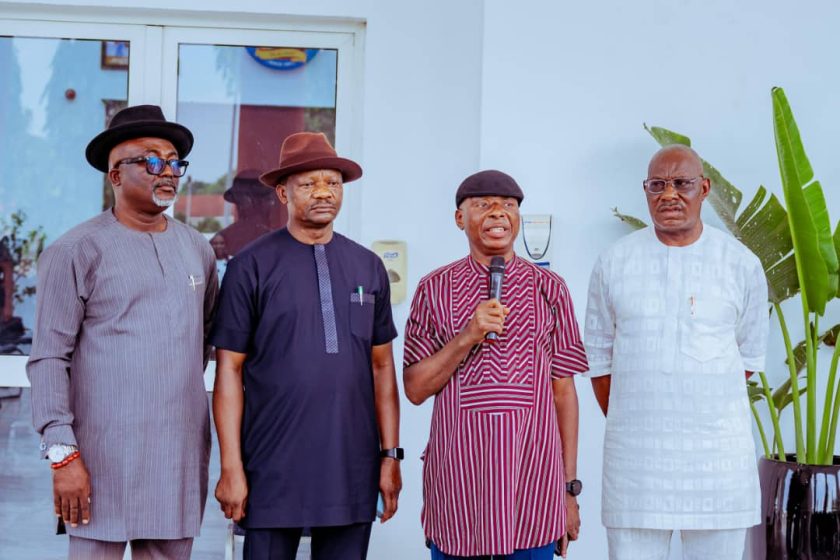The Chairman of the Independent Corrupt Practices and Other Related Offences Commission (ICPC), Dr. Musa Adamu Aliyu, SAN, has called for innovative strategies for enhancing transparency and accountability in Nigeria.
Dr. Aliyu stated this at a 3-Day National Anti-Corruption Conference (TAC’25) organized by the House of Representatives Committee on Anti-Corruption, with the theme “Fostering Collaboration in Enhancing Transparency Within MDAs”.
Represented by the Commission’s Spokesperson, Mr. Demola Bakare, fsi, the ICPC Chairman stated that digital platforms that augment human discretion and promote open access must be fully embraced. “Investment in digital transformation for anti-corruption and effective service delivery purposes will go a long way to enhance development and spread national prosperity,” he said.
He further stated that transparency and accountability are not distant ideals, but are actionable principles, and by embracing innovation, empowering institutions, and involving every Nigerian in the fight against corruption, we can have a generation that did not just talk about change but made it happen.
In his opening remarks, the House of Representatives Committee Chairman on Anti-Corruption, Rt. Hon. (Prince) Kayode Moshood Akiolu emphasized the importance of collaboration in combating corruption. He stated that “no single entity or agency can tackle the pervasive nature of corruption alone. It calls for synergy between government agencies, civil society, the private sector, and the citizenry to create a cohesive strategy that places transparency at the forefront of our public administration”.
He further emphasized that there must be a steadfast commitment to ensuring that the processes of governing public service delivery are not just efficient but also open and transparent.
In his keynote address, the Chairman of the Code of Conduct Tribunal (CCT), Dr. Mainasara Umar Kogo, said that transparency fosters accountability, deters malfeasance, and empowers citizens to hold leaders to account.
The use of technology, he said, must be underpinned by a culture of integrity, nurtured through training, and leadership by example, while he also advocated for punitive measures when there are violations.
The conference brought together stakeholders from various Ministries, Departments, and Agencies (MDAs), Civil Society Organizations (CSOs), and the private sector, with active participation from attendees, engaging in thought-provoking questions and discussions during the panel sessions.




